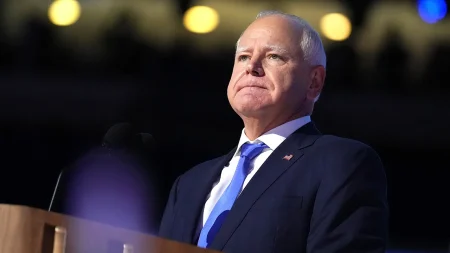The official news media of an unspecified authority launched a scathing attack on a Qatari-backed broadcaster, accusing it of “inciting sedition” and “interfering in internal Palestinian affairs.” This accusation, leveled without specific examples of unlawful activity, highlights the complex and often contentious relationship between media outlets, political actors, and the Palestinian issue. The broad nature of the accusations, devoid of concrete evidence, raises questions about the authority’s true motivations and whether this represents a legitimate concern about national security or a politically motivated attempt to silence dissenting voices. The absence of detail leaves room for speculation and underscores the need for transparency and accountability in addressing such serious allegations.
The accusation of “inciting sedition” carries significant weight, implying that the broadcaster’s content poses a threat to the established order and encourages rebellion against the governing authority. Sedition laws, while intended to protect national security, can be misused to suppress legitimate criticism and dissent. Without specific examples of the broadcaster’s alleged incitement, it is difficult to assess the validity of the accusation. This lack of transparency raises concerns about the potential chilling effect on freedom of the press and the right to free expression. The vague nature of the accusation also opens the door to manipulation and abuse, allowing authorities to target media outlets that challenge their narrative or expose wrongdoing.
The charge of “interfering in internal Palestinian affairs” further complicates the situation. The Palestinian issue is a highly sensitive and complex matter, with a long history of conflict and competing interests. External actors, including media organizations, often play a role in shaping public opinion and influencing political developments. However, the accusation of interference suggests that the broadcaster’s coverage has crossed a line, potentially undermining Palestinian self-determination and exacerbating internal divisions. Again, the lack of specific examples makes it challenging to evaluate the legitimacy of this claim. It is essential to distinguish between legitimate journalistic engagement and actions that actively interfere in the internal affairs of a sovereign entity or people.
The absence of detailed examples to support the accusations raises several critical questions. Is the authority genuinely concerned about national security and the well-being of the Palestinian people, or are these accusations a pretext to silence a critical voice? Does the broadcaster’s coverage truly constitute incitement and interference, or is it simply exercising its right to report on sensitive issues and hold power to account? Without specific examples, it is impossible to determine whether the accusations are justified or represent an attempt to suppress dissent and control the narrative. This lack of transparency undermines the credibility of the accusations and raises concerns about the authority’s commitment to freedom of the press.
The broader context within which these accusations are made is also crucial for understanding their significance. The involvement of Qatar, a key player in regional politics, adds another layer of complexity. Qatar has a history of supporting media outlets that challenge established power structures, often leading to accusations of interference by other regional actors. The accusations against the Qatari-backed broadcaster may reflect broader geopolitical tensions and rivalries, with the Palestinian issue serving as a battleground for competing narratives and influence. Understanding these regional dynamics is essential for interpreting the accusations and their potential implications.
The accusations against the Qatari-backed broadcaster have far-reaching implications for freedom of the press, the Palestinian issue, and regional stability. The lack of transparency and specific evidence undermines the credibility of the accusations and raises concerns about the motivations behind them. It is crucial for international observers and media organizations to demand accountability and transparency from the accusing authority. A thorough and impartial investigation into the allegations is necessary to determine whether the broadcaster’s actions constitute a legitimate threat or if these accusations represent an attempt to stifle dissent and control the narrative surrounding the Palestinian issue. The future of independent journalism and the pursuit of a just and lasting resolution to the Palestinian conflict depend on upholding the principles of freedom of expression and the right to information. Ignoring these accusations or accepting them at face value without further scrutiny would set a dangerous precedent, potentially emboldening other authorities to silence critical voices and further restrict press freedoms in the region.










